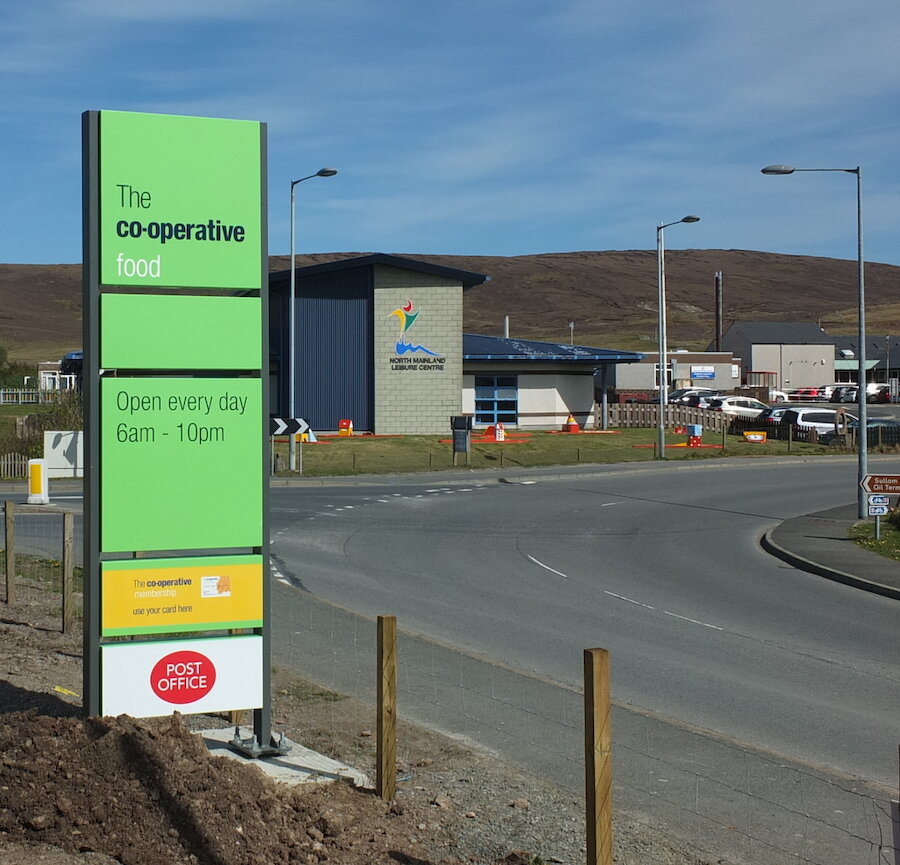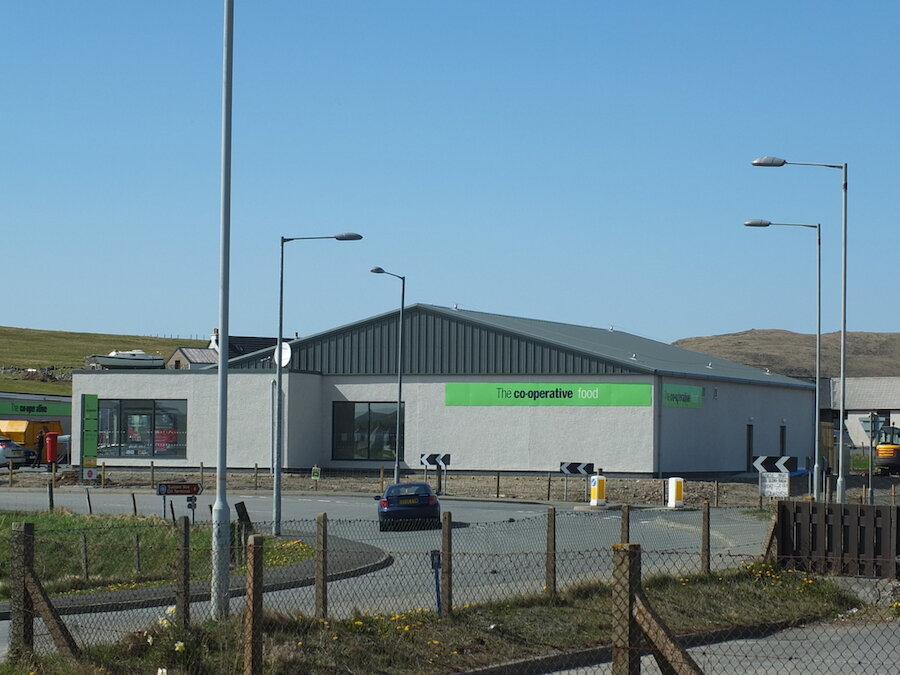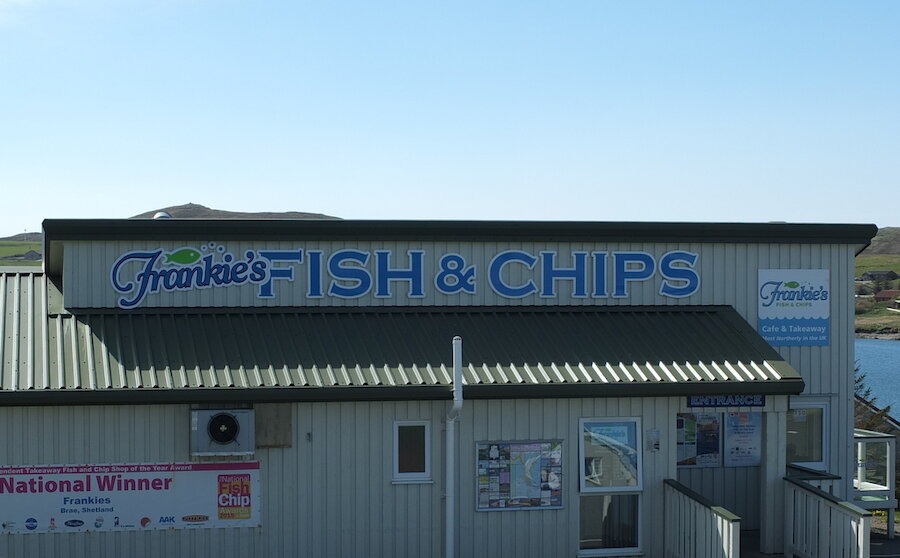Petrofac’s gas plant construction wasn’t on the same scale, though the main difficulties faced 40 years ago - weather, peat, weather, more weather - meant that the contract jumped from £500m to at least £700m, plunging Petrofac into crisis. Dwarfed, nevertheless by the £3-4 billion the entire Laggan-Tormore project is costing. And the rest. This was not, unlike the original oil terminal contract, a ‘cost plus’ deal. It literally didn’t matter how much money had to be thrown into Shetland to get Sullom Voe ready for handling Ninian and Brent crude. It was all about time and energy security, as far as the Thatcher Government - with a controlling share in BP - was concerned. The cash really didn’t matter; all that time ago, some of the men on site were earning up to £1000 a week, including overtime.
That’s why, today, there is a large empty gap between oil terminal and gas plant, leading to what remains of Orka Voe. Nobody really knows what’s in there, but confirmed stories indicate that every conceivable piece of equipment, from trucks to drums of waste and worse, was dumped, bulldozed, compacted and covered with peat. As Scott Shedden of Hillswick said:
“Machinery was disposed of. You’re talking Land Rovers, you’re talking buses, fridges, whole accommodation blocks. In those days it was cheaper to throw it down the tip than ship it back south. Huge reels of brand new copper wire, still with the wrapping on . Still there to this day.”
There were other issues, during the five-and-a-half years it took to get Laggan-Tormore gas flowing into Shetland and then on to St Fergus. Five-and-a-half years that saw the rise of fracking and the price of oil, tracked by natural gas, go into freefall. Total sold off a fifth of Laggan-Tormore to SSE last year, and Petrofac had to throw extra workers by the bargeload and cruiseliner at the project just to get it finished.
There’s no question that some workers caused occasional friction locally. There was confrontation, drunkenness, and a few scuffles. Some of the men shipped up from Scotland were on minimum wage. Gone were the days of the gold-dripping ‘bears’ of Sullom Voe.
But on the whole the local community has welcomed the incoming workers, along with the jobs and economic benefits brought home to Shetland.
“The gas plant is a significant in terms of oil and gas developments,” says local councillor Andrea Manson, “and we can only hope it will attract other companies and other projects. There’s plenty of land in Delting that could be used for oil and gas related developments.”
Fellow councillor Drew Ratter agrees:
“The importance of the oil industry in general to the various communities from Brae and further north can’t be overemphasised” he said, “and the construction and development of the gas plant has already done a lot for local jobs and for our service businesses. The fact that we are now in a downturn in the oil industry obviously means that the ongoing effect may be a bit less than hoped for - for a while at least - but it secures ongoing, long-term activity at Sullom Voe, and for that we must be thankful”.



